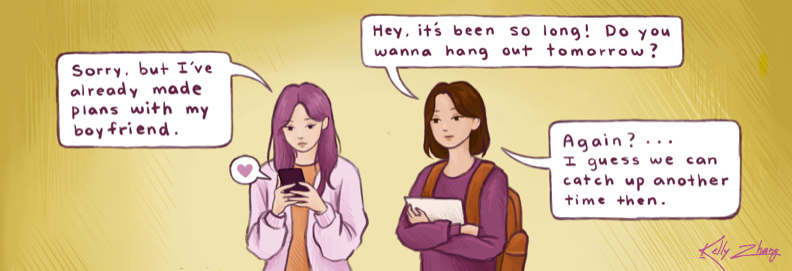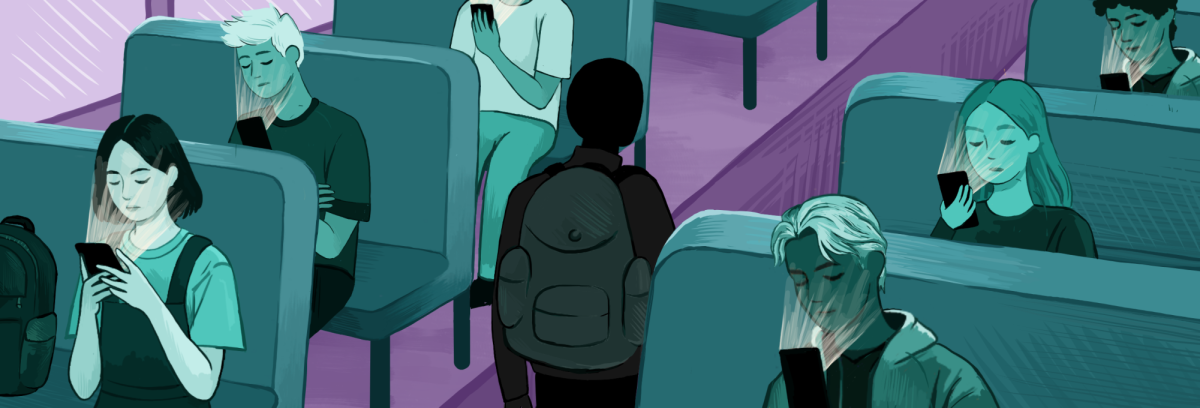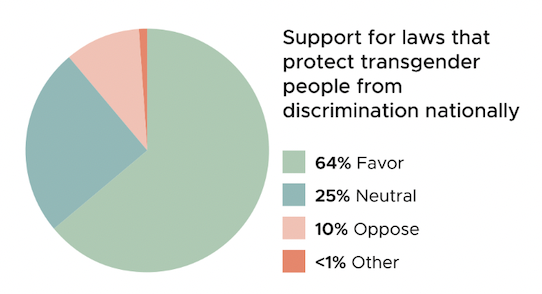High school students must know their rights at school to understand what can and cannot be said and done. Students do not “shed their constitutional rights to freedom of speech or expression at the schoolhouse gate”, said the Supreme Court in Tinker v. Des Moines. This landmark case established students’ rights so long as they do not infringe on the rights of another student or cause a substantial disruption to the learning environment. In layman’s terms, students can express their freedom of speech in any way they choose if it does not violate these guidelines.
That precedent has continued to stand since 1969. However, in April, 2021 Mahanoy v. B.L. was argued in the Supreme Court. It attempted to draw back students’ rights in an unfair, unconstitutional way.
The facts of Mahanoy are simple: a high school student did not make the varsity cheerleading team and took to her Snapchat to complain. She expressed her discontent with the school and cheerleading coach using curse words. The school responded by suspending her from the cheerleading program for a year. Feeling that her right to freedom of speech was violated, the girl sued the school.
The Supreme Court ruled in favor of the student, but did not set a clear standard on a school’s ability to restrict off-campus speech. In other words, unlike Tinker, Mahanoy did not create guidelines about what can and cannot be restricted with regards to social media. This distinction means that students are still in danger of losing their rights.
Here at Ladue, administration has the authority of prior review (the ability to view a publication before it is published), but cannot block publications unless they infringe on the aforementioned guidelines from Tinker. Mahoney aimed to expand the schools’ authority to regulate speech off-campus grounds to students’ homes, putting forth those same guidelines.
This unlawful leap would have deprived students of their constitutional rights away from school.
Moreover, it would be near impossible for schools to police every post every student makes on social media. It would take important time away from instruction and administration that is essential to the functioning of a school. Consider the thousands of posts students make every day on social media; monitoring all of these posts for potential wrongdoings would cost the school considerable time.
Without student voices leading the charge for freedom of speech, the choices will be left to adults who may not understand the needs of a younger generation. The advent of social media has created new obstacles, so now more than ever, students need to know their rights and help fight for the continuation of these rights in order to create a healthy school environment.
This story was originally published in the August 2021 issue of Panorama. Panorama welcomes Letters to the Editor.
Panorama is a monthly newsmagazine that strives to inform and entertain students, staff and community members and to uphold professional standards of accuracy and fairness. The publication hopes to engage the student body by eliciting dialogue among students. It aims to reflect the diversity of the population it serves and to observe the journalistic principle of doing no harm. All surveys are completely anonymous unless otherwise stated and the results cannot be used against respondents.
Panorama is produced by the newspaper class of Ladue Horton Watkins High School at 1201 S. Warson Rd., St. Louis, MO 63124. The publication lab is located in room 1311, (314)-993-6447 ext. 5844.










